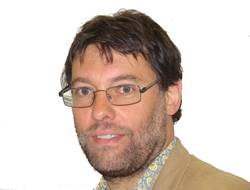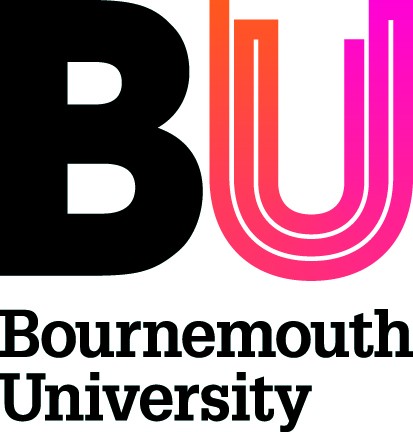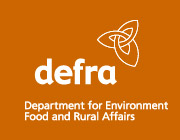During last week’s British Science Association’s Science Communication conference, one of the many networking activities was the appearance of a Lonely Heart’s board. This wasn’t a specialist dating scheme for scientists, but sought to make connections around communication and science.
Mainly, these are aimed at PhD students/Early Career Researchers, and can potentially provide great opportunities to develop your public engagement activities, which in turn can contribute to enhanced research and improved skills.
Sis@britishscienceassociation.org is looking for researchers and is offering training on science communication and social impacts of research
Tom.Horner@britishscienceassociation.org is offering volunteering opportunities with the British Science Association branches and organising events.
Robin@sciencemediacentre.org is offering volunteering opportunities/internships at the Science Media Centre (typically 4 weeks in a busy press office) for people with a science background looking for media experience.
Alexa.Mills@esrc.ac.uk is looking for 450 1st year PhD students to speak and inspire at the ESRC/DTC conference in September on impact, online research methods, open access data or quantitative methods.
C.H.Packman@exeter.ac.uk is looking for a partner to work on an ESRC Knowledge Exchange project bid working with schools – ideally researchers with science and social science expertise in the life sciences, especially medical sociology, health and reproduction.
F.Swain@rss.org.uk is looking for post-doc scientists to speak at training workshops for journalists and press officers.
Farrah.nazir@britishscienceassociation.org is looking for festival assistants at the British Science Festival in Aberdeen.
If you plan to follow any of these up, please do drop redwards@bournemouth.ac.uk a line. You might like to attach the relevant image if you plan to follow up the original contacts to jog their memory!


































 Read and sign up to BU’s Policy Influence Digest
Read and sign up to BU’s Policy Influence Digest Upcoming opportunities for PGRs – collaborate externally
Upcoming opportunities for PGRs – collaborate externally BU involved in new MRF dissemination grant
BU involved in new MRF dissemination grant New COVID-19 publication
New COVID-19 publication MSCA Postdoctoral Fellowships 2024
MSCA Postdoctoral Fellowships 2024 Horizon Europe News – December 2023
Horizon Europe News – December 2023